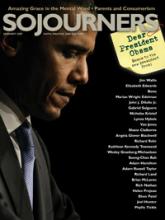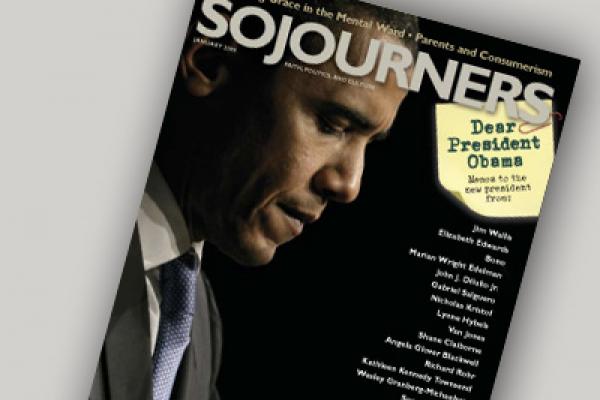If you read Christian mission journals and textbooks from the 1980s, Rwanda is often held up as a model of evangelization in Africa. Nowhere else on the continent was Christianity so well received. Church growth was unprecedented. Seminarians in the United States studied Rwanda, asking how they might use similar strategies elsewhere to share the good news of Jesus Christ with those living in darkness.
Yet in 1994 an unimaginable darkness descended on Rwanda. The most Christianized country in Africa became the site of its worst genocide. Christians killed other Christians, often in the same churches where they had worshiped together. Accordingly, this is not a story about something that happened to a strange people in a faraway place. It happened among the body of Christ, of which we are members. Rwanda is a lot closer to Rome and Washington, D.C., than most of us care to think.
The crisis of Western Christianity is reflected back to the church in the broken bodies of Rwanda. Indeed, the only hope for our world after Rwanda’s genocide is a new kind of Christian identity for the global body of Christ. The church’s mission is to be a new community that bears witness to the fact that in Christ there is a new identity—a unique people from “every tribe and language and people and nation” (Revelation 5:9).
I remember listening to BBC Radio during the genocide and hearing commentators talk about the Hutu and Tutsi “tribes.” They lamented the fact that “ancient hatreds” had been reignited and “age-old animosities” had led to genocide. Europeans and Americans love to use the language of tribes when talking about Africa. Yet this language is unhelpful in understanding what is going on because it mystifies the reality of Africa.
Read the Full Article

